Losing your passport while traveling feels like watching your lifeline disappear into thin air. That little booklet isn’t just a travel document—it’s your golden ticket home, and your proof of identity rolled into one. Whether it slipped out of your bag during a rushed airport connection or vanished from your hotel room, the panic that sets in can feel overwhelming.
The good news is that thousands of travelers face this exact situation every year, and there’s a well-established roadmap to get you back on track. Here is a list of 18 practical steps that can turn your passport nightmare into a manageable inconvenience.
Stay Calm and Retrace Your Steps

Take a deep breath and resist the urge to panic. Your first move should be mentally walking through the last 24 hours to pinpoint where you might have left your passport.
Check every pocket, bag compartment, and surface in your hotel room—sometimes passports hide in the most obvious places when we’re stressed.
Contact Local Police Immediately
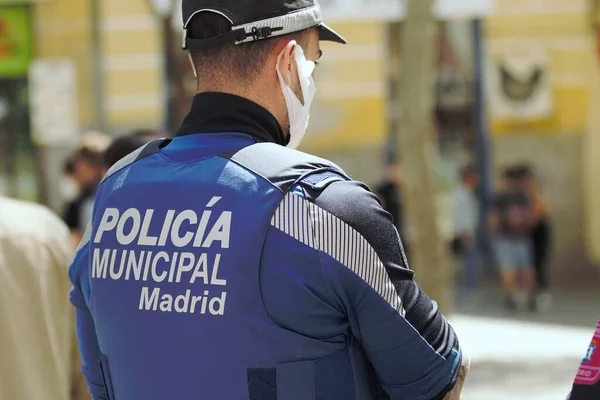
Head to the nearest police station to file a report about your missing passport. This isn’t just bureaucratic paperwork—you’ll need this police report for your embassy visit and insurance claims.
Think of it as creating an official paper trail that proves you didn’t just misplace your document somewhere at home.
Like Travel Pug’s content? Follow us on MSN.
Reach Out to Your Nearest Embassy or Consulate
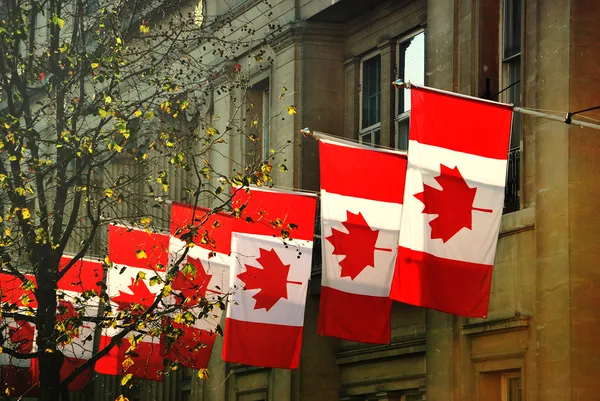
Your embassy or consulate becomes your best friend in this situation. Contact them as soon as possible to report the loss and schedule an appointment for a replacement.
Most embassies have emergency contact numbers for situations exactly like yours, so don’t hesitate to call even outside normal business hours.
Gather Required Replacement Documents

Start collecting the paperwork you’ll need for your new passport. This typically includes proof of citizenship like a birth certificate, a government-issued photo ID, and passport photos.
If you don’t have these documents with you, contact family back home to overnight them or provide digital copies that you can print locally.
Complete Form DS-64
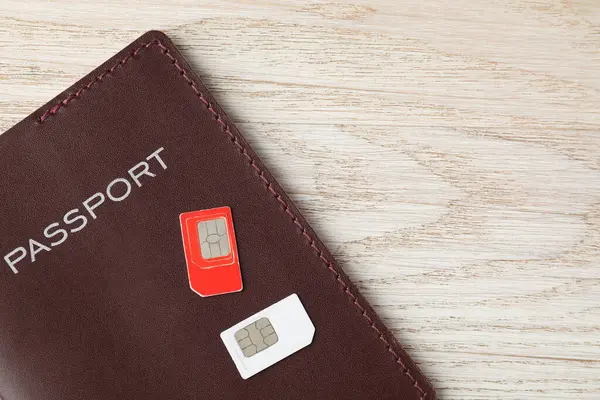
If you’re a U.S. citizen, complete Form DS-64. Other nationalities will have similar loss-reporting forms. This official document tells the government exactly what happened to your original passport and prevents anyone from using it fraudulently.
You can complete this form online before your embassy appointment to save time.
Like Travel Pug’s content? Follow us on MSN.
Apply for an Emergency Travel Document
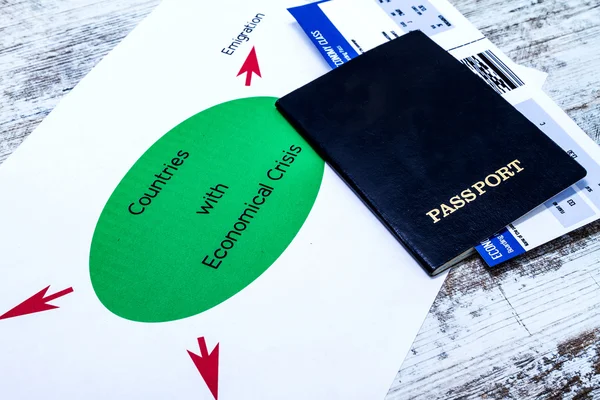
Ask your embassy about emergency travel documents if you need to travel before a full passport replacement arrives. These temporary documents work like a passport for getting home but have limited validity.
They’re perfect when you need to catch that flight tomorrow rather than waiting weeks for a standard replacement.
Contact Your Airline About Flight Changes
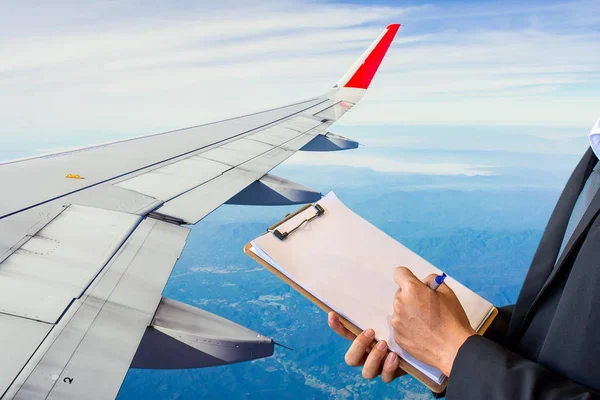
Call your airline to explain the situation and ask about rebooking options. Many airlines understand that passport issues happen and will work with you on changing flights without hefty fees.
Having that police report and embassy documentation ready will make these conversations much smoother.
Notify Your Travel Insurance Company
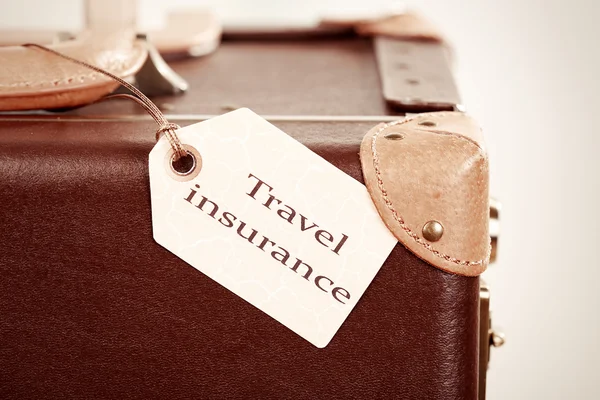
Contact your travel insurance provider if you have coverage. Many policies include benefits for lost travel documents, covering everything from replacement costs to additional accommodation expenses.
Think of this call as potentially turning your financial loss into a manageable claim.
Like Travel Pug’s content? Follow us on MSN.
Keep Detailed Records of Everything

Document every phone call, form submission, and expense related to your lost passport. Create a simple folder—physical or digital—with copies of all paperwork, receipts, and correspondence.
This organization will save you hours of headaches later when dealing with insurance claims or expense reimbursements.
Get New Passport Photos Taken

Visit a local photo shop or pharmacy to get fresh passport photos that meet your country’s requirements. Having extra copies on hand can speed up the replacement process and save you from scrambling later.
Most embassy areas have photo services nearby that know exactly what specifications they need.
Prepare for Replacement Fees
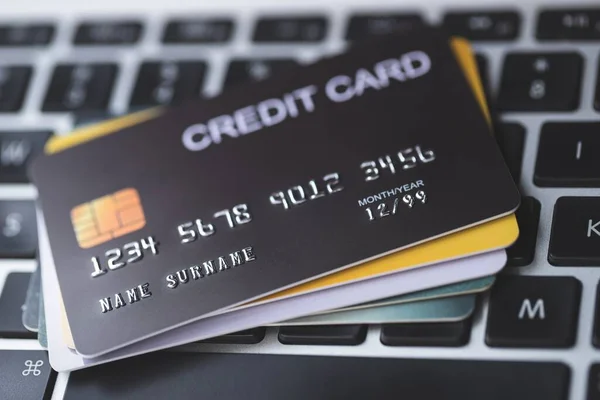
Budget for the cost of replacing your passport, which can range from moderate to expensive depending on processing speed. Emergency processing typically costs more than standard replacement, but sometimes getting home quickly is worth the extra expense.
Consider this an investment in peace of mind rather than just another travel cost.
Like Travel Pug’s content? Follow us on MSN.
Inform Family and Employer

Let important people know about your situation, especially if your travel plans change significantly. Your employer may need to adjust work schedules, and family members can help with document gathering or provide emotional support during a stressful time.
Communication prevents small problems from becoming bigger ones.
Check if You Need a Visa Replacement
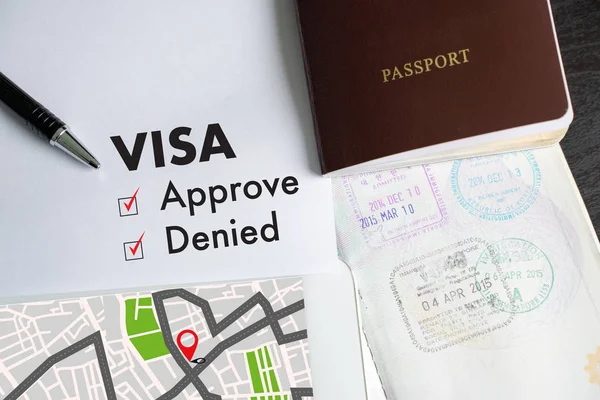
Determine whether your lost passport contained important visas that also need replacing. Some countries will transfer visas to new passports, while others require completely new applications.
This step can significantly impact your travel timeline, so address it early in the replacement process.
Obtain a Police Report for Suspected Theft
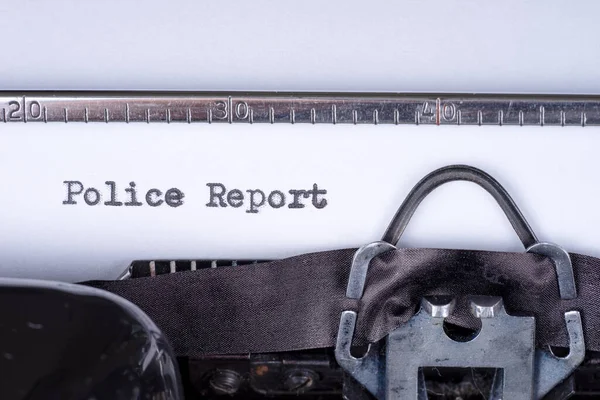
If you believe your passport was stolen rather than simply lost, make sure your police report specifically mentions theft. This distinction can be important for insurance claims and helps authorities track passport-related crimes.
The extra detail in your report creates a stronger foundation for any follow-up investigations.
Like Travel Pug’s content? Follow us on MSN.
Contact Your Accommodation About Extended Stay

Speak with your hotel or rental about potentially extending your stay while waiting for passport replacement. Many properties will work with guests facing document emergencies, sometimes offering discounted rates for extended stays.
Having a confirmed place to stay removes one major stress from your replacement timeline.
Save All Receipts for Potential Reimbursement
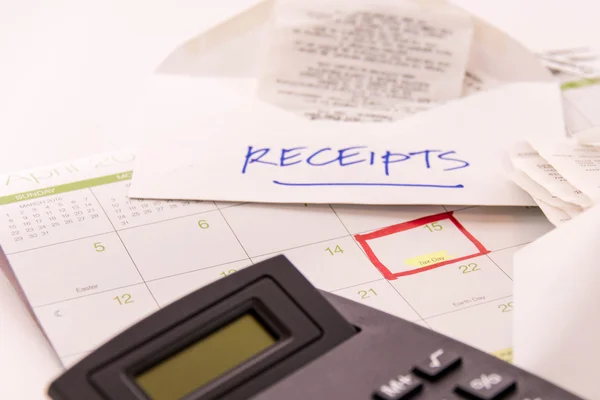
Keep receipts for every expense related to your lost passport situation—from embassy fees to extra hotel nights. Your travel insurance, employer, or even your tax return might provide reimbursement for these unexpected costs.
Think of receipt collection as potentially recovering some of your financial losses.
Update Emergency Contact Information
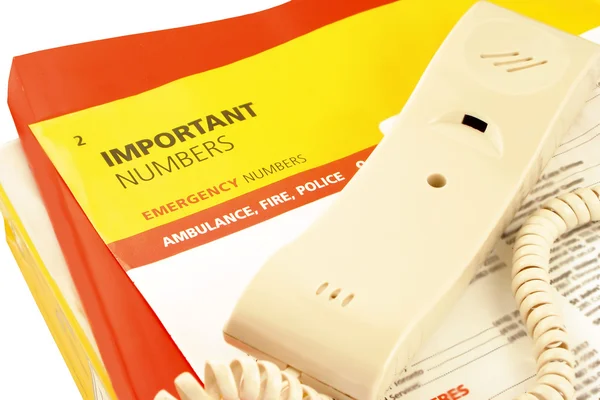
Use this opportunity to update your emergency contact information with your embassy and in your travel documents. Recent address changes, new phone numbers, or different emergency contacts can make future problems much easier to resolve.
Think of it as upgrading your travel safety network.
Like Travel Pug’s content? Follow us on MSN.
Learn Prevention Strategies for Future Travel

Research better ways to protect your passport during future trips. This might include using a money belt, making digital copies stored in cloud services, or splitting documents between different bags.
Your current situation becomes valuable education for preventing future passport emergencies.
From Crisis to Confidence
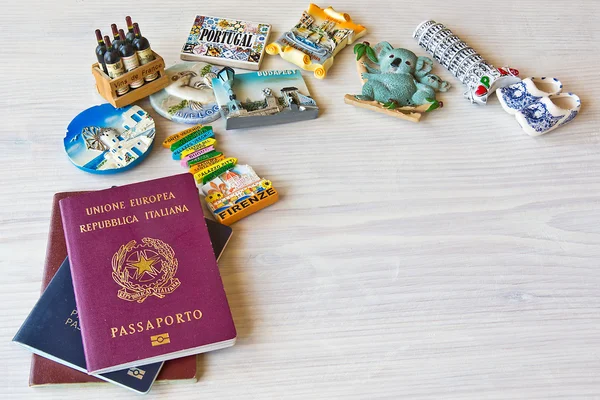
What starts as a travel disaster often becomes a crash course in problem-solving and international bureaucracy. Most travelers who experience passport loss discover they’re more resourceful and resilient than they initially thought.
The systems in place for helping stranded travelers work remarkably well once you know how to navigate them. Your current passport emergency will likely become a story of successful crisis management that makes you a more confident traveler in the future.
More from Travel Pug

- 20 Best Beach Towns in the Carolinas
- 13 Destinations Where Tourists Regularly Regret Their Trip
- 20 Things You Actually Get in First Class
- 20 Small Airports With Aviation Museums
- 20 Places in the U.S. That Are Perfect for a Reset Trip
Like Travel Pug’s content? Follow us on MSN.
